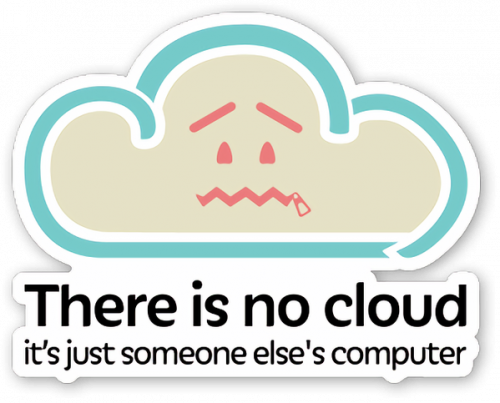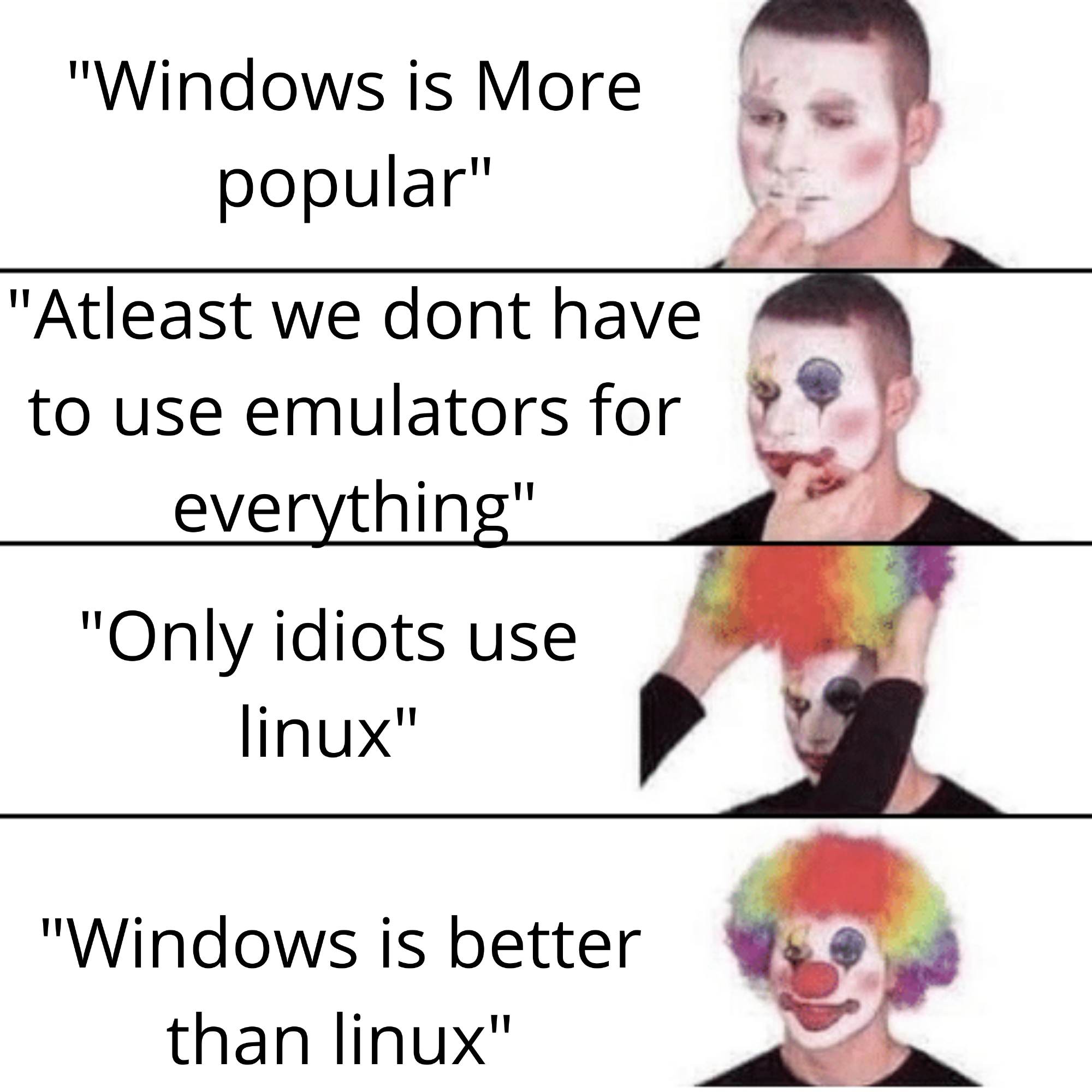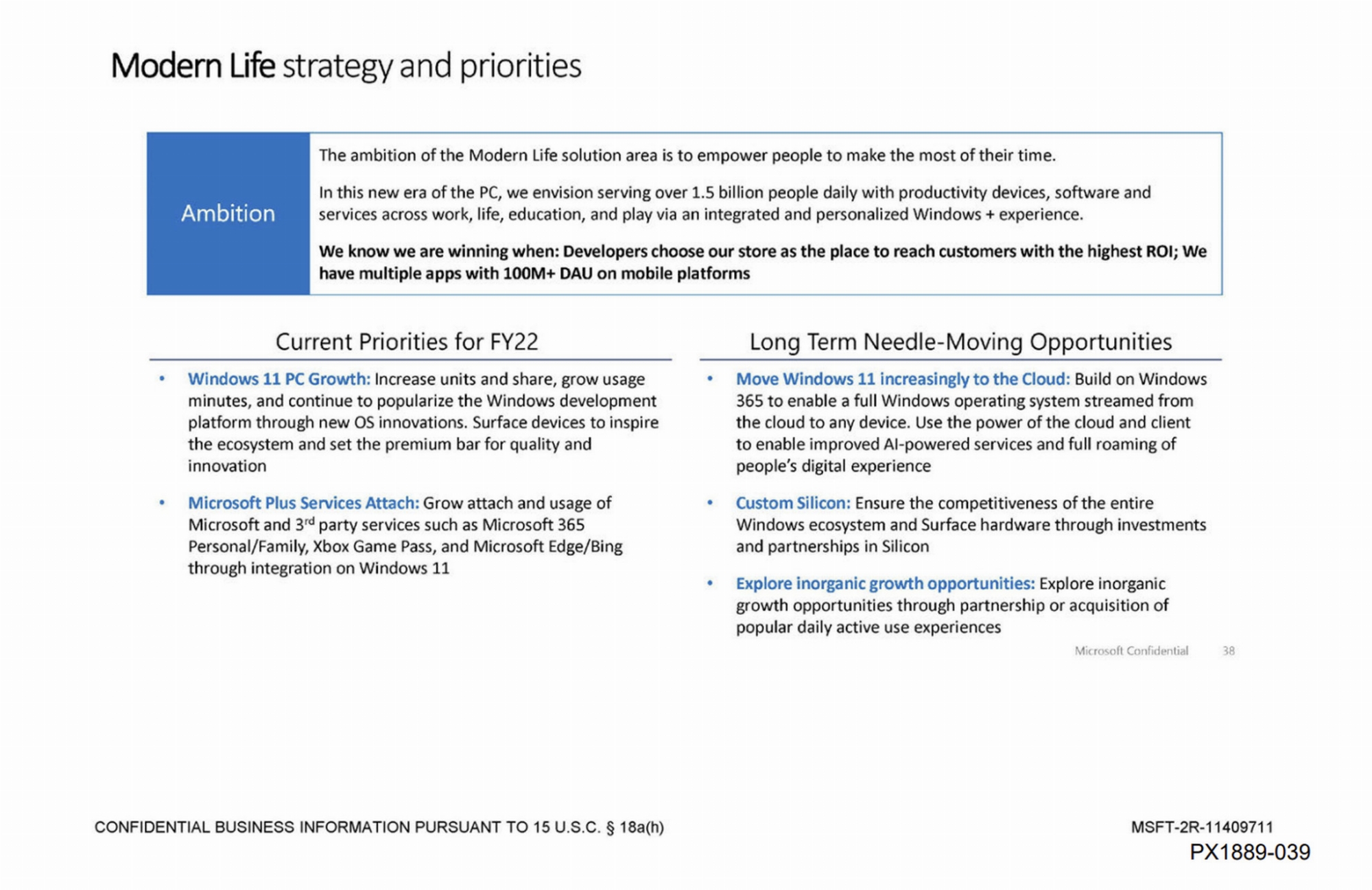Microsoft wants to move Windows fully to the cloud
Microsoft has been increasingly moving Windows to the cloud on the commercial side with Windows 365, but the software giant also wants to do the same for consumers. In an internal “state of the business” Microsoft presentation from June 2022, Microsoft discuses building on “Windows 365 to enable a full Windows operating system streamed from the cloud to any device.”
Microsoft has been increasingly moving Windows to the cloud on the commercial side with Windows 365, but the software giant also wants to do the same for consumers. In an internal “state of the business” Microsoft presentation from June 2022, Microsoft discuses building on “Windows 365 to enable a full Windows operating system streamed from the cloud to any device.”
![[H]ard|Forum](/styles/hardforum/xenforo/logo_dark.png)



